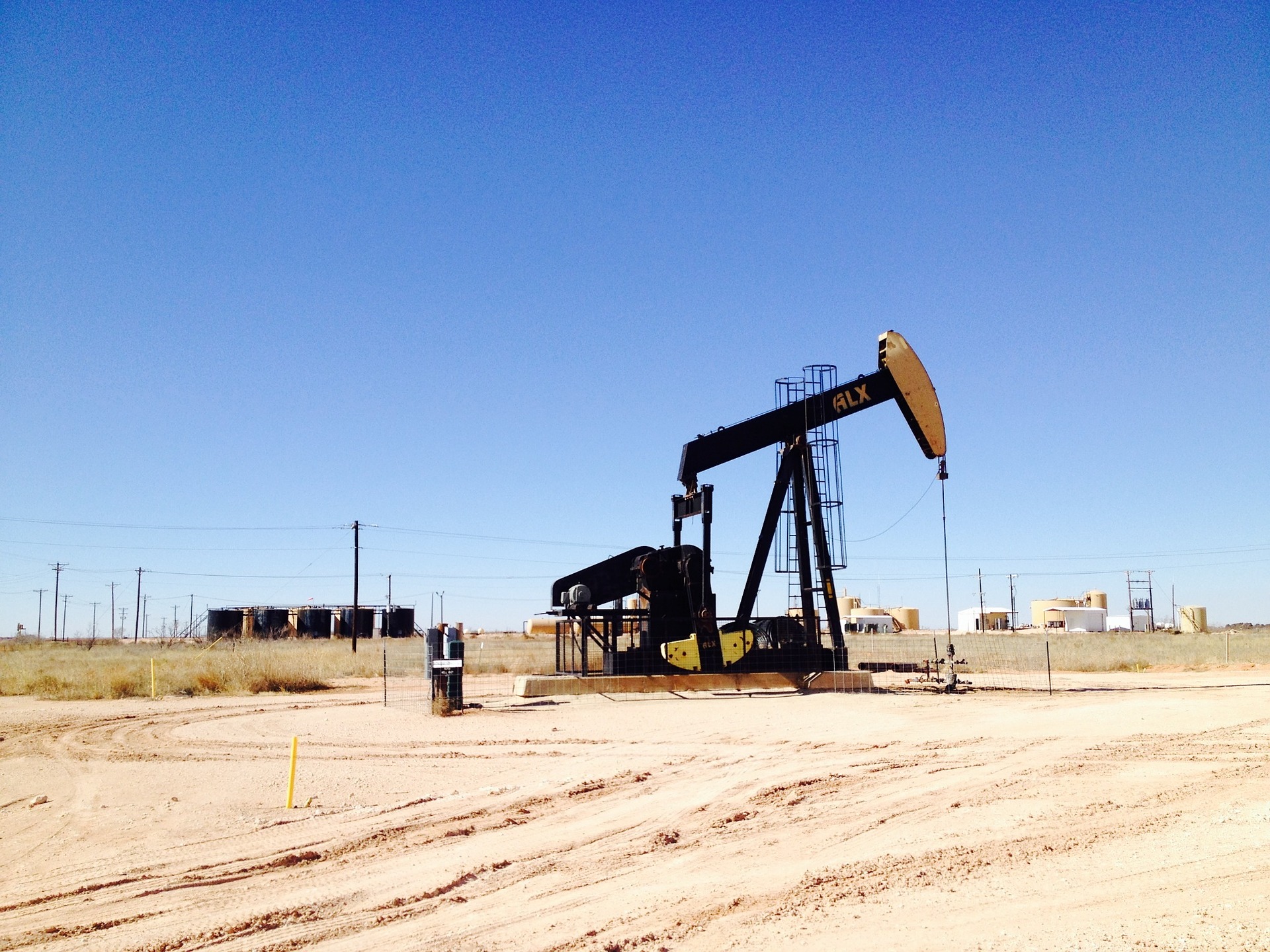Care to guess the last time the governor’s office issued a new fracking permit? It was February.
Now that’s a meaningless fact without context, so let’s put it perspective: Even though “Newsom endorsed an end to fracking” while running for governor in 2018, says California political legend Dan Walters, his administration early on increased the flow of fracking permits.
But then Newsom later “came under heavy pressure to match his words with action,” Walters continues.
By November 2019, Newsom had set a moratorium on fracking projects. Before permits would be issued, Lawrence Livermore National Laboratory researchers would review plans to ensure they met regulatory requirements. Yet it wasn’t terribly long before “the state issued 48 new permits for hydraulic fracturing,” according to the Associated Press.
Then the recall collar got tight in April. The governor’s response was to ban new fracking anywhere in the state by 2024. Even though he previously said he didn’t think he had the authority to prohibit the process and asked the Legislature to do it for him. And even though a legislative attempt never made it out of committee.
So can we expect in a frackless California?
Energy analyst and author Michael Shellenberger says Newsom’s fracking prohibition is simply “bonkers.” Assemblyman Rudy Salas, a Bakersfield Democrat, called it “an abuse of power” that will “put the lives, economy and well-being of thousands of California families in jeopardy.” Western States Petroleum Association President and CEO Catherine Reheis-Boyd says it’s an “arbitrary” action that will impose “big impacts on Californians.”
Both the Western States Petroleum Association and the board of supervisors in oil-rich Kern County, which produces roughly two-thirds of the crude that California doesn’t import – making the county the seventh highest oil-producing region in the U.S. – have sued the governor over his order. It’s an existential matter for each party.
In “The Killing of Kern County,” Joel Kotkin, presidential fellow in Urban Futures at Chapman University and executive director of the Urban Reform Institute, usefully explains for the many in Sacramento who are missing the point that oil (and agriculture) are the foundations holding up the county’s economy. Despite what’s at stake, Kotkin believes Newsom is more “interested in flattening the area’s aspirations” than unlocking its potential, which the governor once pledged to do.
Regulators, for instance, turned down 21 fracking applications in Kern County in a single month over the summer. With one of every seven workers in the county either employed by or reliant on the oil industry, the denial of so many jobs is not an insignificant blow to the economy.
The energy producers of the WSPA are also at risk. Court rulings in Newsom’s favor make the next step – the complete shutdown of oil production across the state – much easier to take.
Maybe the oddest part of any California energy story is the fact that officials and activists seem to have no reservations about importing what they consider “dirty” energy from other states. That reliance is only going to grow as long as Sacramento is at war with fossil fuels.
Kerry Jackson is a fellow with the Center for California Reform at the Pacific Research Institute.


